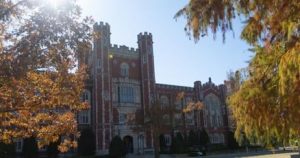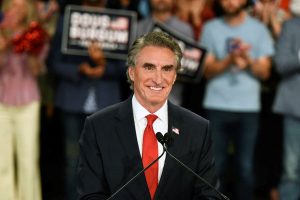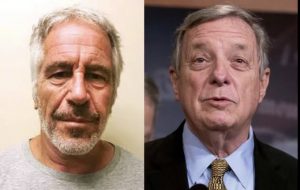In the midnight hours of June 26, 1975, corridors of All India Radio were a scene of chaos as the then prime minister Indira Gandhi blared from the mic “Dear brothers and sisters, the president has proclaimed the state of emergency, there is nothing to panic about.” These words hurled India into the “darkest period of democracy”. The PM’s own cabinet was informed about the decision just hours before President Fakhruddin Ali Ahmed signed the proclamation of Emergency.
Soon after, newspaper offices in Delhi were plunged into darkness due to power cut, only to ensure no information can reach people for the next two days. Then came the imprisonment of hundreds of opposition leaders, activists, students, and trade unions.
To date the government’s version of the 21 months Emergency period was to restore internal peace and security, for which Gandhi saw it fit to blow away people’s constitutional right and freedom of the press. However, the political pundits, opposition, and those who survived to see the dawn of liberty still call it ‘a power play’.
Also Read: Kangana Ranaut to play ‘iconic leader’ Indira Gandhi in the upcoming political drama
Here are the three major occurrences of the 1970s that led Indira Gandhi to declare the Emergency.
JayaPrakash Narayan or JP movement
Time and again Indira Gandhi said India’s security and democracy was in danger due to the movement launched by Jayaprakash Narayan.
JayaPrakash Narayan popularly known as JP was an Indian activist who played a significant role in Mahatma Gandhi’s ‘Quit India Movement’. He launched a Gujarat-like ‘Navnirman Movement’ in Bihar and instigated students and dissenters to take part in processions and build pressure on the existing legislators to resign.
Also Read: When math wizard Shakuntala Devi fought election against Indira Gandhi
His movement and popularity among the masses picked up the pace and Indira Gandhi obviously condemned his movement challenging JP to form a political organisation to oust her in the 1976 general elections. But when JP formed the National Coordination Committee for the purpose, Gandhi soon imposed the Emergency.
Demonstration by the opposition and JP’s speech a night before the emergency
On the dusk of June 25, many opposition leaders, including Morarji Desai, Nanaji Deshmukh, Raj Narayan, Madanlal Khurrana and Jayprakash Narayan addressed a huge public rally and called for then Prime Minister Indira Gandhi’s resignation.
Also Read: No one can direct it better than me: Kangana on her new film ‘Emergency’
JP, who was known for his fury speeches, read lines from Ram Dhari Dinkar’s poem and asked police and army to follow disobedience against the corrupt Congress government, this led to an argument between Morarji Desai and JP. After this speech Biju Patnaik warned JP that Indira Gandhi will now take some stringent action, Declan Herald reported.
Gujarat protests
In December 1973, students of LD College of Engineering in Ahmedabad went on a strike to protest against a hike in school fees. The protest soon became a mass movement against Congress’s corrupt government demanding assembly dismissal.
According to Indian Express, at that time Gujarat was led by CM Chimanbhai Patel, whose government was infamous for the gregarious corruption with its heads often regarded as Chiman Chor.
As historian Bipin Chandra dub as the last act of drama in Gujarat is when in March 1975, backlashed for continuing agitations and fast unto death by Morarji Desai, Indira Gandhi dissolved the assembly and announced fresh elections in June. But as fate had it, it never reached that point.






